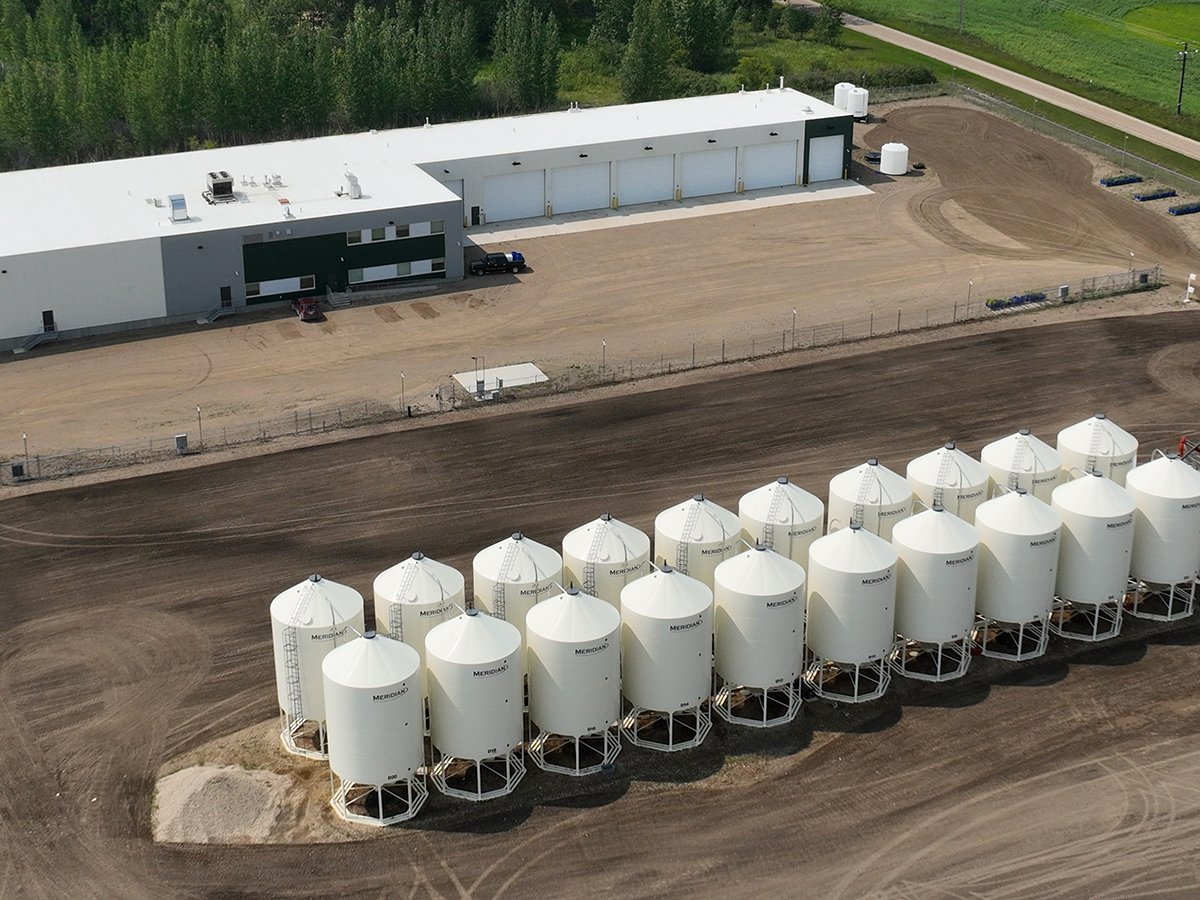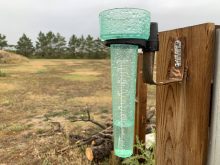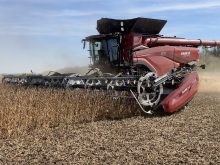Organic project funding has been announced throughthe Agricultural Demonstration of Practices and Technologies system.
The federal-provincial program is a part of the Growing Forward initiative. It provides funding to producer groups to evaluate new techniques for use in their regions.
By making funding available to producer groups to conduct these demonstrations themselves, ADOPT targets projects that have local relevance, producer involvement and potential impact.
This spring’s funding went to 69 projects submitted by 28 producer groups. Of these, eight organic projects were submitted by four Saskatchewan regional organic producer groups.
Read Also

Saskatchewan firm aims to fix soil with compost pellets
In his business, Humaterra, Leon Pratchler is helping farmers maximize yields in the weakest areas of their fields through the use of a compost pellet.
Organic producers have consistently supported on-farm projects, suggesting that the results of research need to be verified on organic farms under organic management and in different regions. The ADOPT fund is ideally suited to this perspective.
Green manure management, which is the key to nitrogen fertility in organic cropping systems, was the most common theme in the funded organic projects.
Two projects involve sweet clover, which is the most widely used organic green manure. It is a biennial legume, generally underseeded in a cereal crop in its first year. In the second year, it is allowed to grow until early flowering before it is terminated, usually by discing. The breakdown of residues makes nitrogen available to subsequent crops.
In northeastern Saskatchewan, the organic producer group is looking for ways to reduce tillage while still receiving the benefits of a green manure. Producers will examine the effects of mowing as a way to terminate sweet clover.
In southwestern Saskatchewan, green manures may deplete soil moisture in a dry year. The southwest producer group is determining if the timing of sweet clover termination affects the amount of soil moisture that accumulates. This group has a separate project that compares different legume green manures.
Green manures are a grow-it-yourself way to improve soil fertility.
More off-farm inputs are becoming available as options for organic production, but often there is little to no independent research on their efficiency.
The northwest producer group is planning to demonstrate some of these organic soil amendments to determine if they show any benefits.
Alfalfa is a perennial legume that is crucial both as forage and as a soil builder in organic systems in the parkland region.
Possible release of genetically modified alfalfa worries organic producers, who fear GMO contamination in alfalfa would eliminate this useful crop from their set of options as it has for canola and threatens for flax.
One organic group is taking a proactive approach, looking at perennial legume alternatives to alfalfa.
Weed management also concerns organic producers. In a recent survey of research needs, organic producers identified Canada thistle as one of their biggest weed problems. One organic producer group is demonstrating Canada thistle control as one of their ADOPT projects.
Other ADOPT projects demonstrate organic cross seeding and flax straw management in an organic system.
Cross seeding is a way to more evenly spread the seed across the field, possibly improving access to nutrients and reducing the opportunity of weeds to claim space.
Flax straw can be tough and slow to break down, causing challenges with equipment.
The goal of the ADOPT projects is to test techniques locally and demonstrate them to a wide audience.
Field days will be planned as the season progresses to encourage producers to see the results for themselves. Field day schedules will be posted on-line as the days get closer. Project summaries will also be posted as they become available.
By encouraging on-farm demonstrations, the ADOPT program can act as a catalyst for greater involvement by producers in the research-extension value chain.
Organic producers have only recently had research specifically designed to address their concerns. This is a further step in that process, encouraging them to participate in research.
The next deadline for the ADOPT program is June 15 for projects such as fall seeded crops or winter grazing.
The deadline is Dec. 14 for projects that will begin next spring.
Applications are available by e-mailing evaluation.coordinator@gov.sk.ca or from a local Saskatchewan Agriculture regional office.
This program is available only in Saskatchewan.
Brenda Frick is affiliated with the Organic Agriculture Centre of Canada and co-ordinator of organic research and extension at the University of Saskatchewan. Contact: organic@usask.ca.















